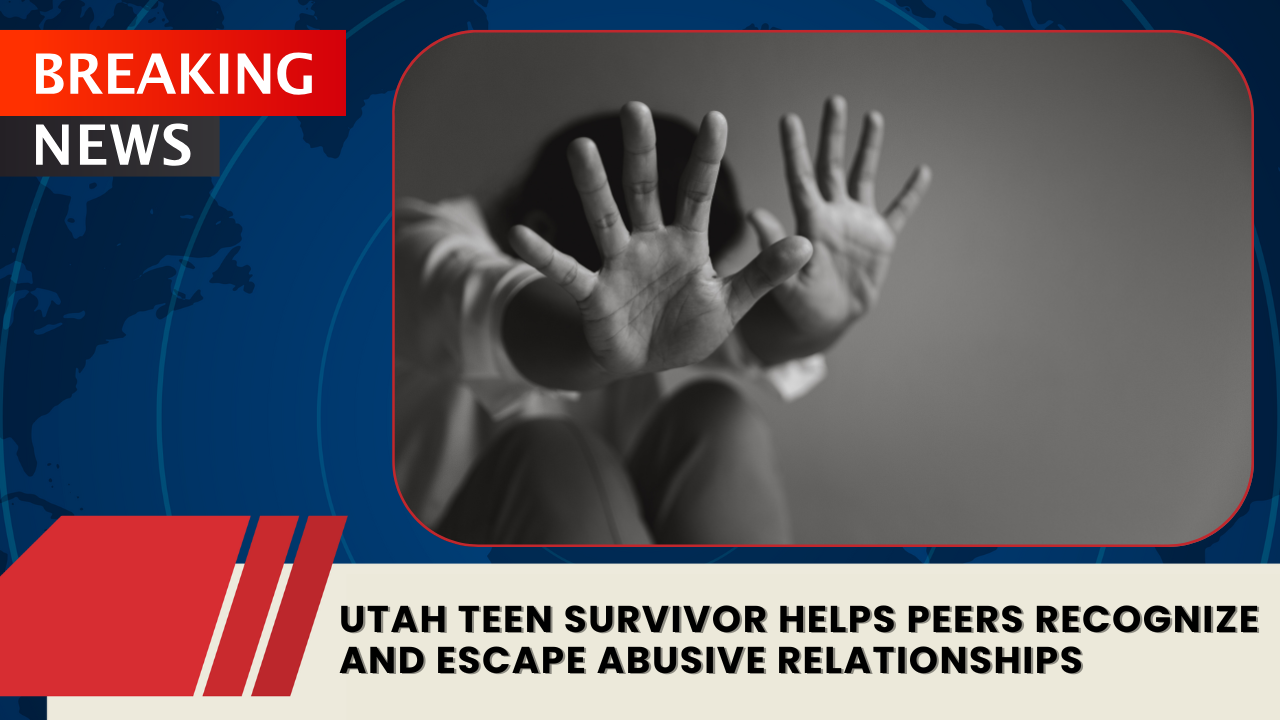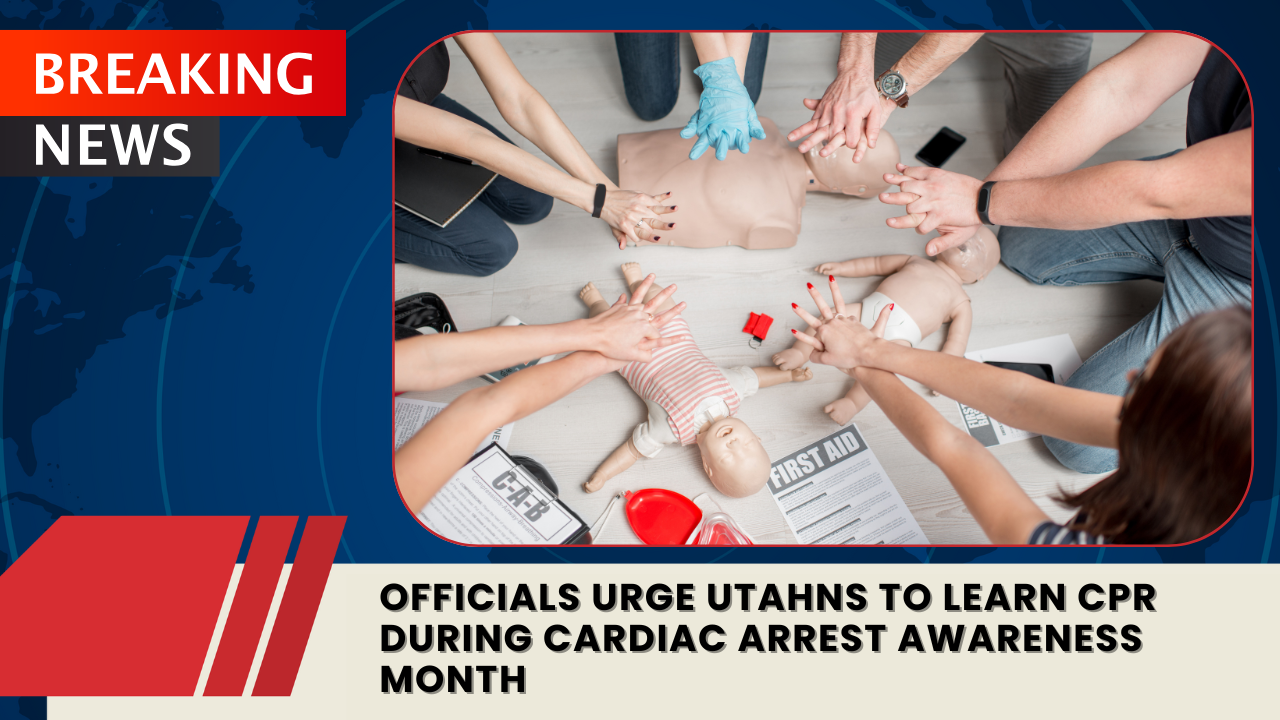OGDEN, Utah — At just 15 years old, McKenzie Lytle experienced something no teenager should ever face — domestic violence in a relationship. Now, years later, she’s using her story to help other teens recognize the signs of abuse and find the strength to leave dangerous situations.
Lytle recalls how the abuse began subtly before turning physical. “He was joking around, and he picks me up over his shoulder and body slammed me on the ground,” she said. “I started making excuses. I told myself, ‘He’s just messing around. It’s just horseplay.’”
That moment marked the beginning of a pattern of violence and emotional manipulation that Lytle would later come to understand as domestic abuse. Today, she speaks publicly about her experience in hopes of empowering other young people to recognize red flags early.
“It helps give survivors a voice,” she said. “I didn’t have a voice back then, and now I have one.”
Leading Teens Toward Awareness and Prevention
Lytle now serves as a teen leader at the YCC Family Crisis Center in Ogden, an organization dedicated to helping victims of domestic violence rebuild their lives. As part of YCC’s Teen Prevention Team, she works alongside Brent Hinsley, who leads education efforts on healthy versus unhealthy relationships.
“What we know from research,” said Hinsley, “is that people who are going to be abusive later in life often begin showing those behaviors around 15 years old.”
According to Hinsley, abuse in teen relationships can take many forms — not just physical violence. “It looks like manipulation. It looks like controlling behavior. It looks like over-jealousy, and way too much intensity in the relationship,” he explained.
Breaking the Cycle of Silence
Both Lytle and Hinsley emphasize that escaping an abusive relationship is not easy — especially for teenagers who may feel trapped or ashamed.
“It’s much more difficult to get out than people realize,” said Hinsley. “But people can get out by getting help. Don’t try to do it alone — talk to a friend, family member, teacher, or school counselor. Be honest about what’s happening in your relationship.”
The YCC Family Crisis Center encourages parents and guardians to have open conversations with their teens about what healthy relationships look like. Early awareness, they say, is the first step toward prevention and long-term safety.
For survivors like Lytle, sharing her story isn’t just about reflection — it’s about building hope. “If even one teen recognizes the signs and gets help because of my story,” she said, “then it’s worth it.”



